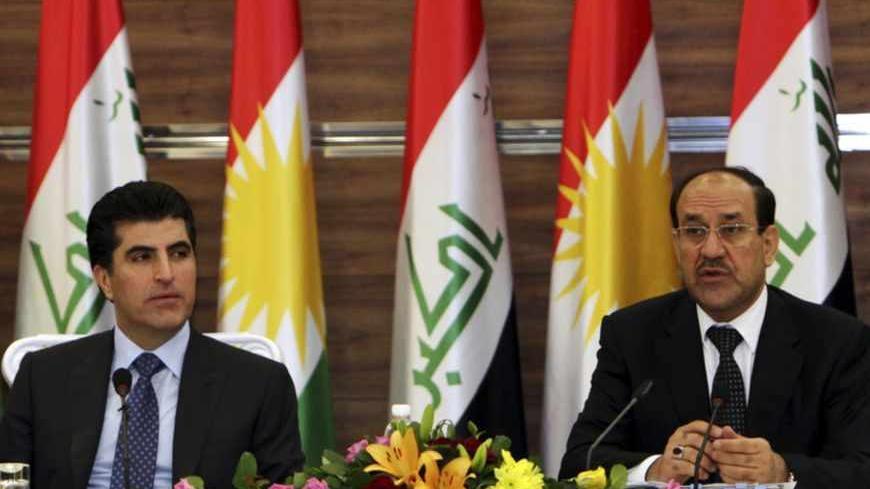The major players in Iraqi politics miss no opportunity to politicize the great controversial issues concerning the future of national reconciliation and the streamlining of the political process. On the contrary, they use them as election propaganda at times and as a form of reciprocal political miscarriage at other times.
The occasion for talk about the controversy that has emerged in recent days is a proposed law to criminalize the Baath Party put forward by the Shiite State of Law coalition, led by Prime Minister Nouri al-Maliki, as well as a law to "criminalize sectarian parties" put forward by the Sunni Mutahidoun bloc led by Parliament Speaker Osama al-Nujaifi as a counterweight to the former law.



